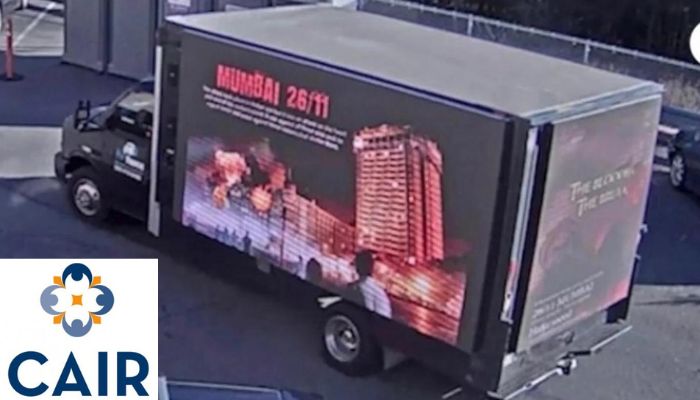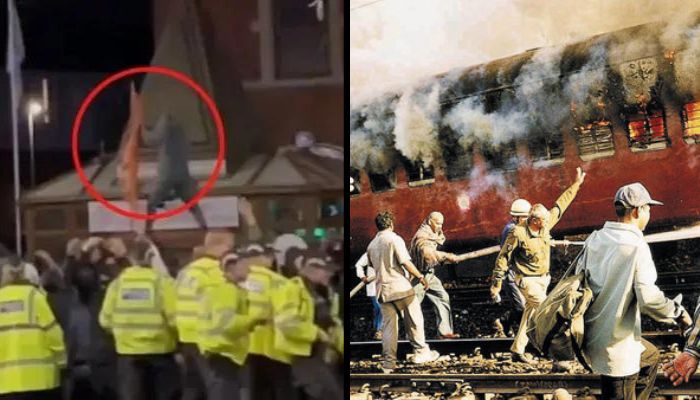
Muslim youth in America: A generation shadowed by the aftermath of 9/11
LA TimesOn a rainy day during her sophomore year of high school, as Aissata Ba studied in the library, a photo popped into her phone. Compared with other Western countries, Amadou said with a laugh, “it’s a cakewalk here.” Still, like many American Muslims, the Ba family is acutely aware of how 9/11 changed the atmosphere around them. “And then, after 9/11, you go out, and people look at you like you’re a terrorist.” Dalal Oyoun, 17, left, and Hana Nashawati, 18, have dealt with discrimination for being Muslim. “Seeing things like that is so frustrating.” To cope, she said, “you focus on putting energy into people that actually accept you and love you for who you are at the end of the day, because that’s the only way to survive.” Mira Tarabeine, who was born in California, was 1 year old and living outside of the country during 9/11. “But also, don’t be putting it on us.” “When one person has that, like, one bad encounter with a Muslim, they’re like, ‘Oh, well, all Muslims are bad.’ I don’t want to give that bad idea to anyone,” said Oyoun, who wore a pair of sunglasses on top of her curly hair.
History of this topic

Two decades after 9/11, Muslim Americans still fighting bias
Associated Press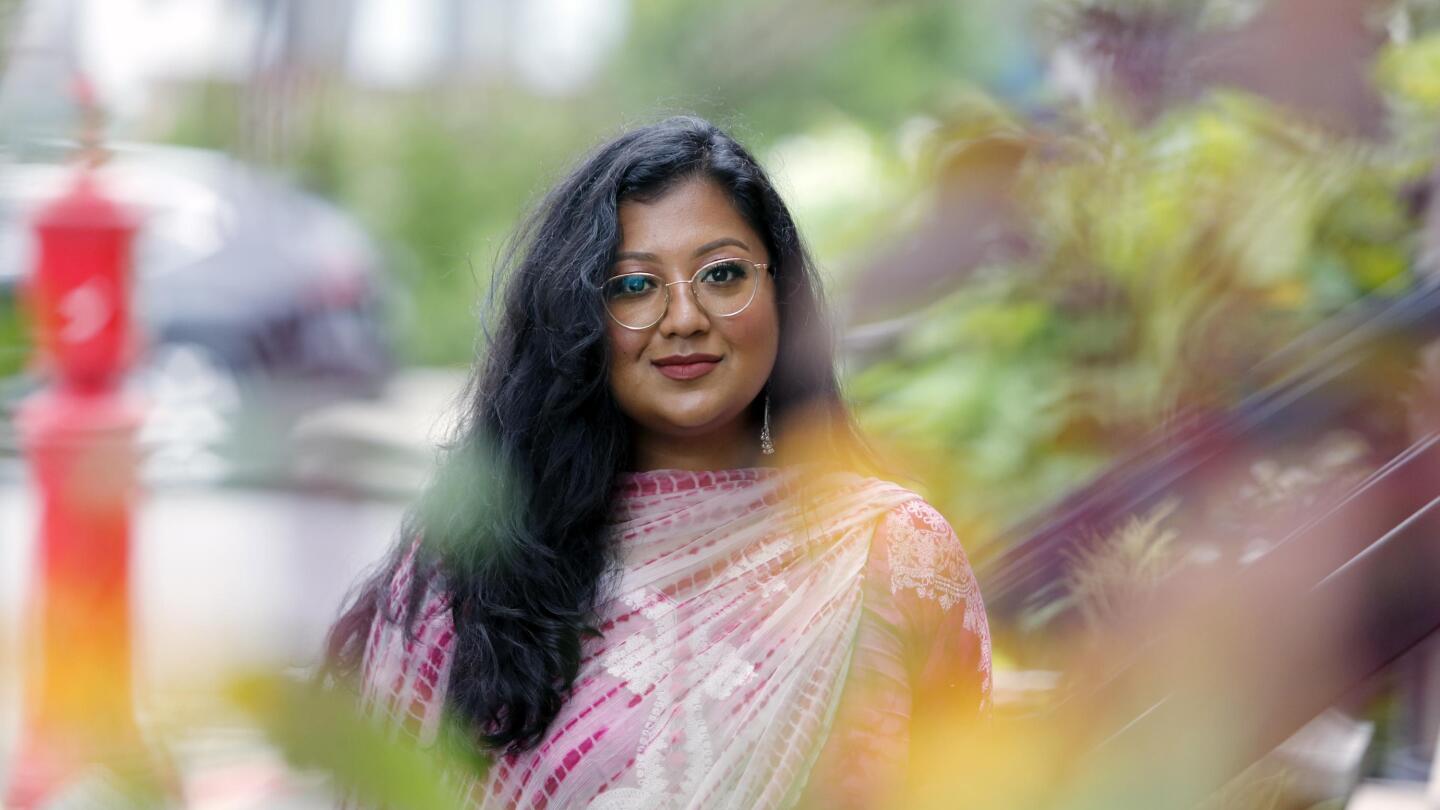
Two decades after 9/11, Muslim Americans still fighting bias
Associated PressDiscover Related
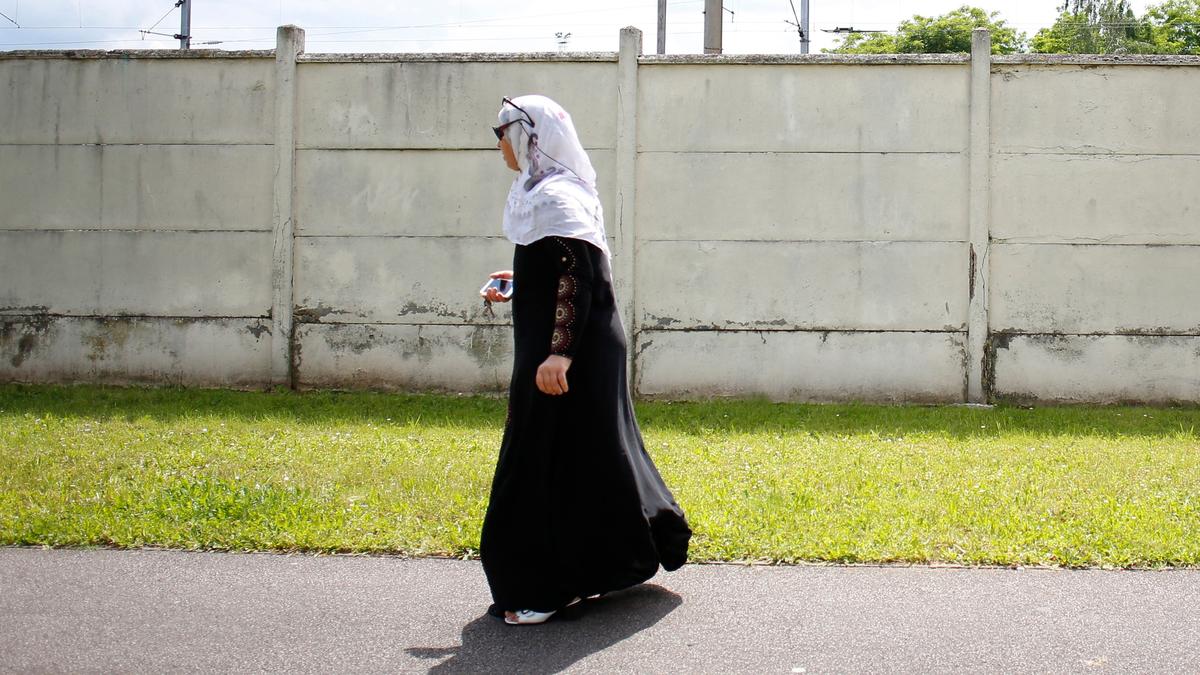
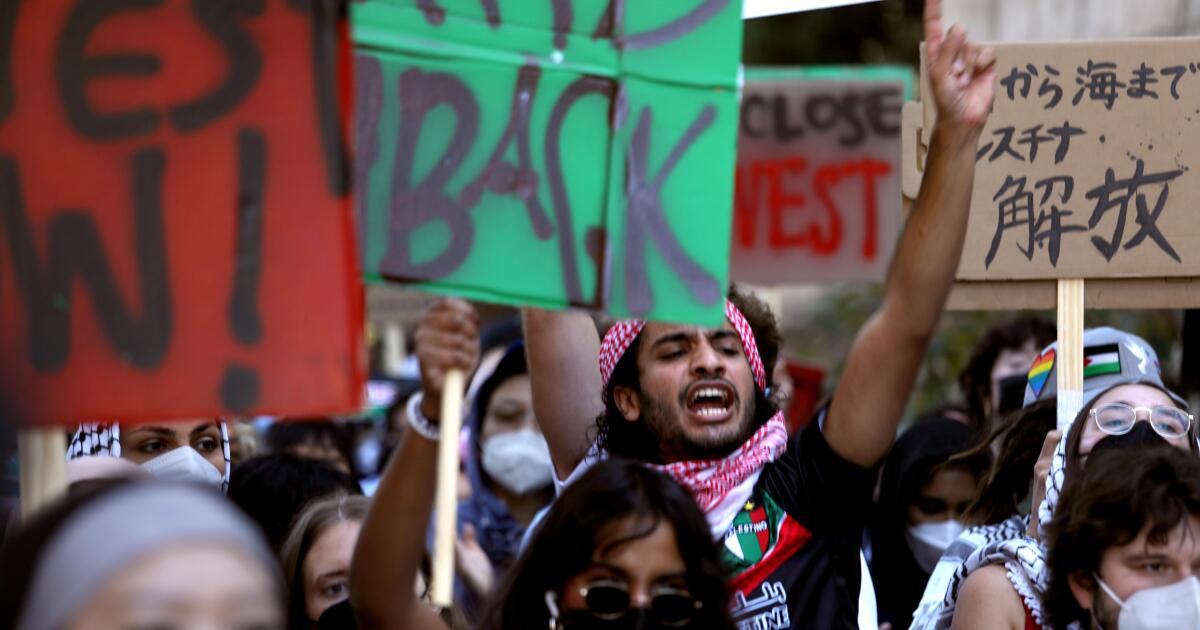
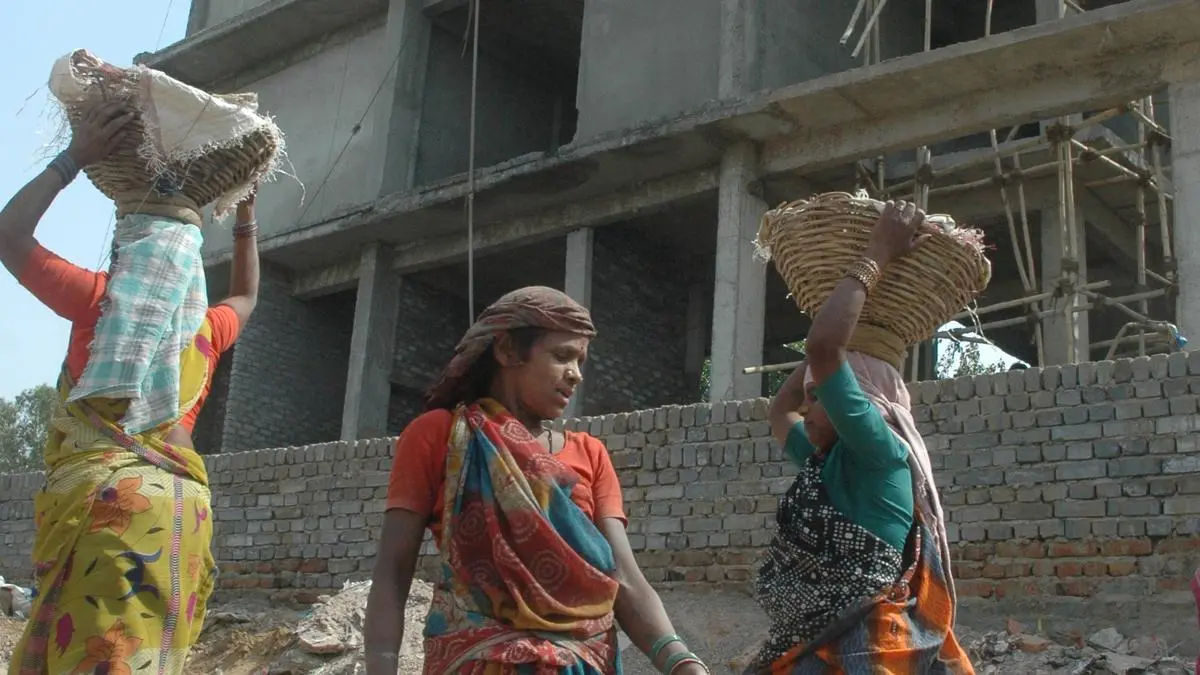



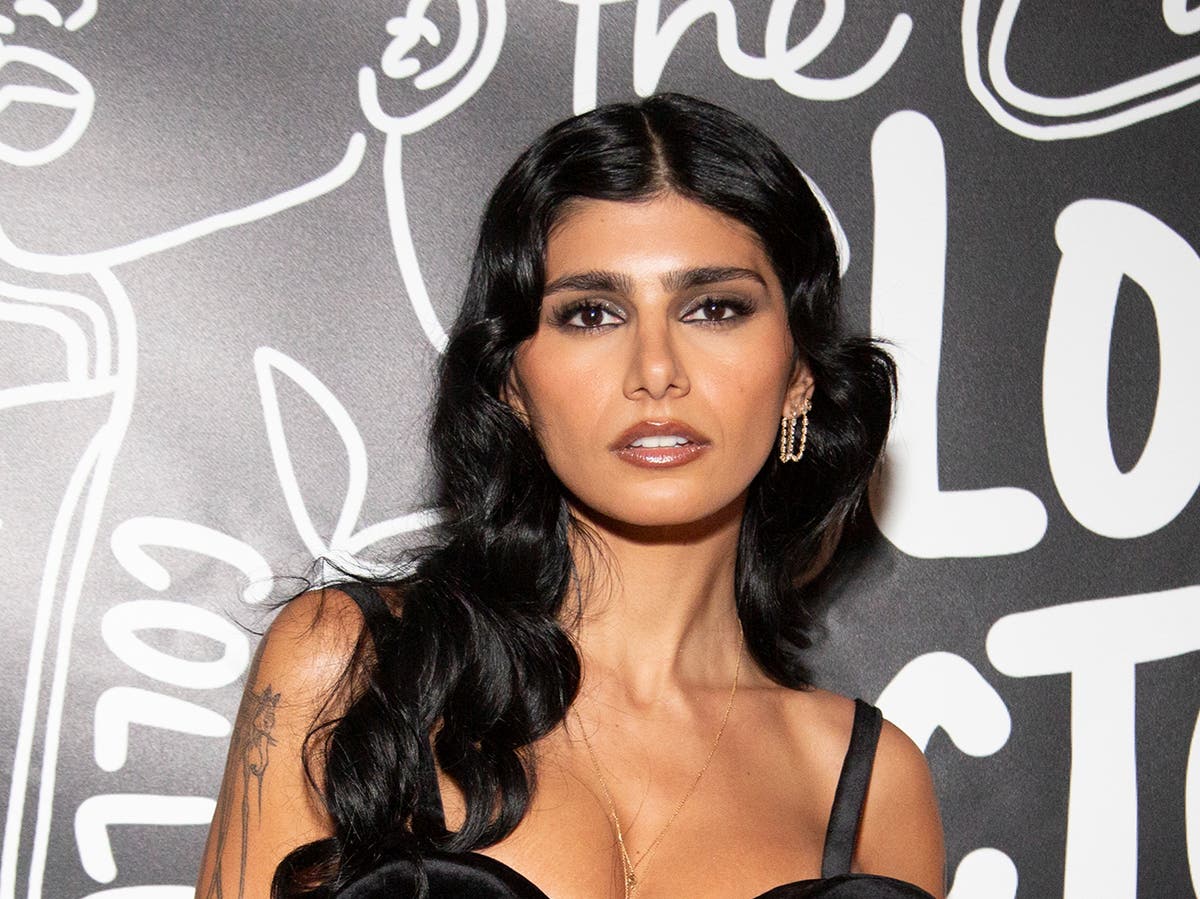


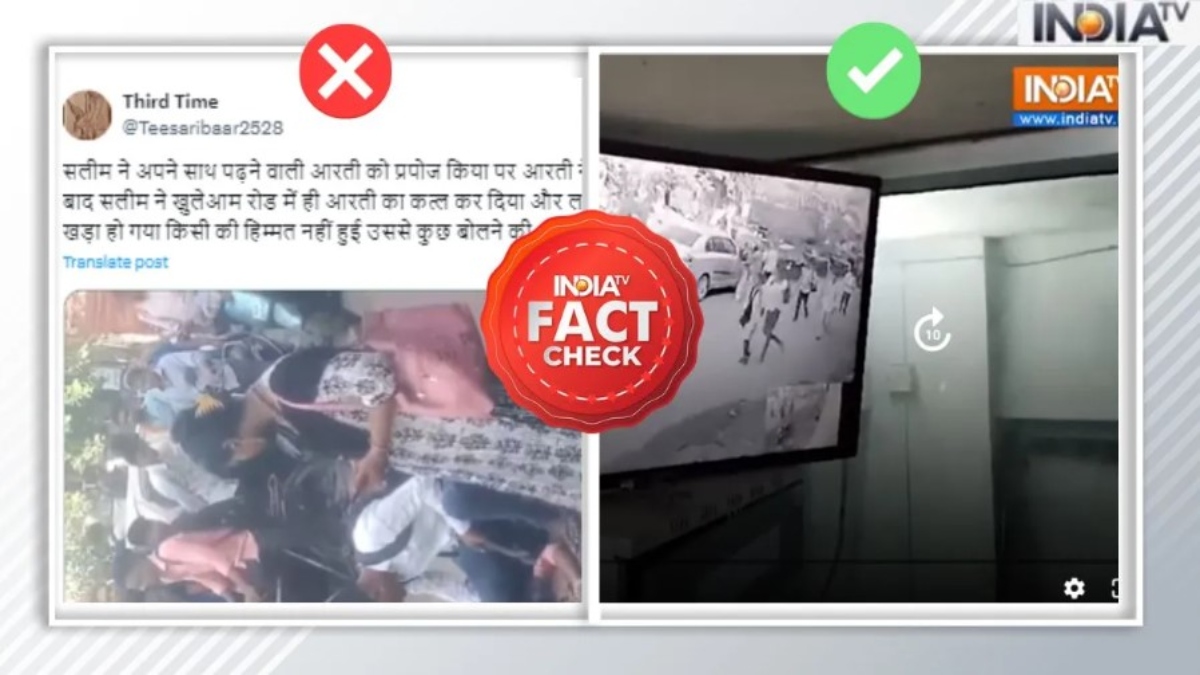


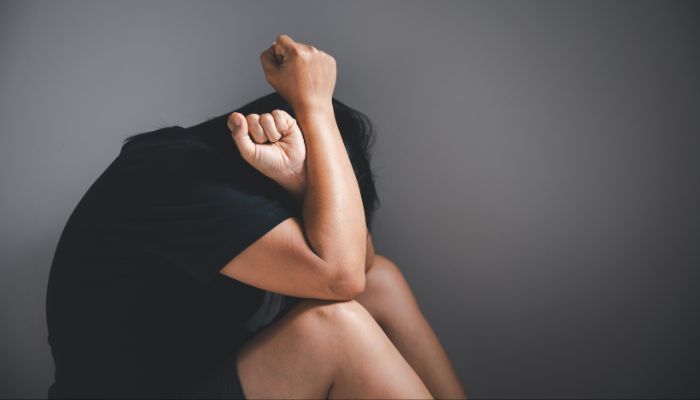


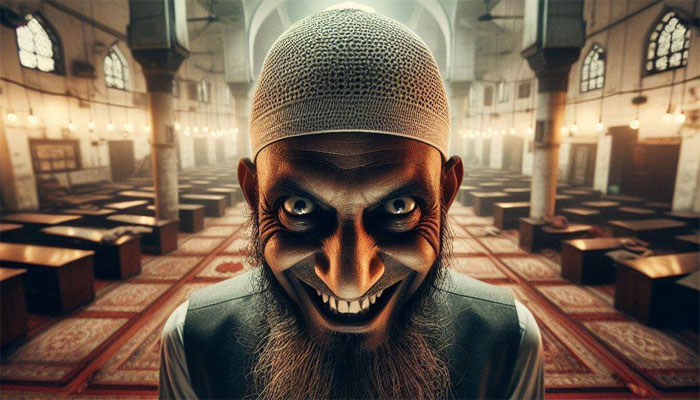
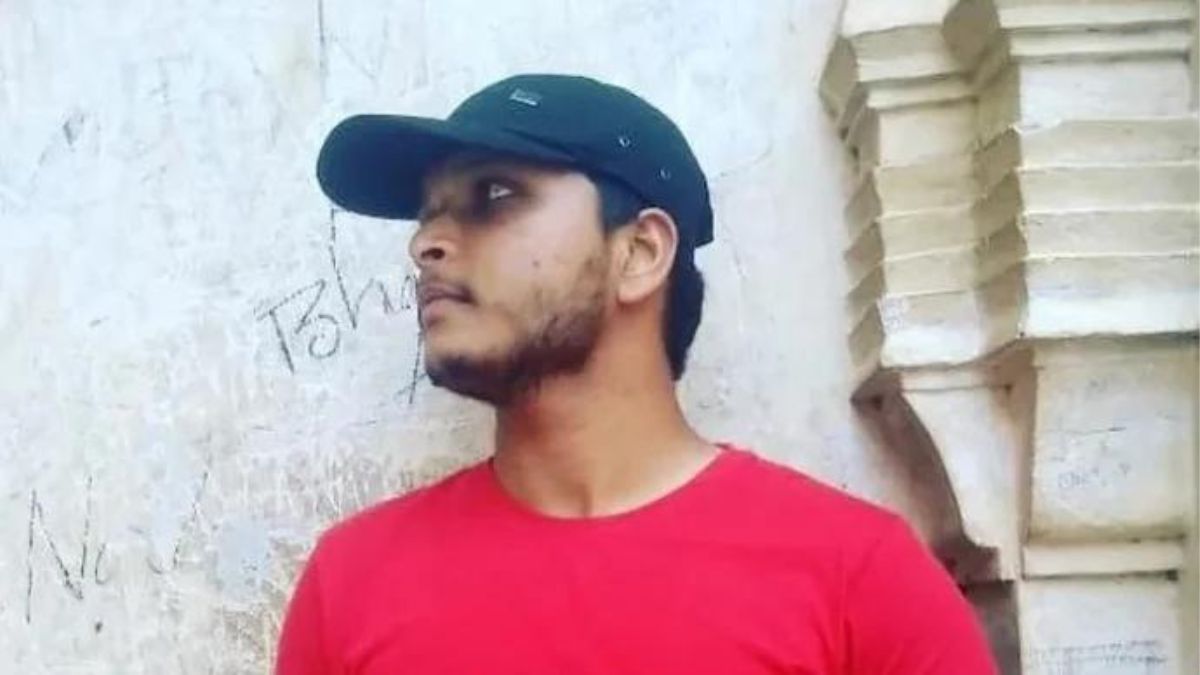



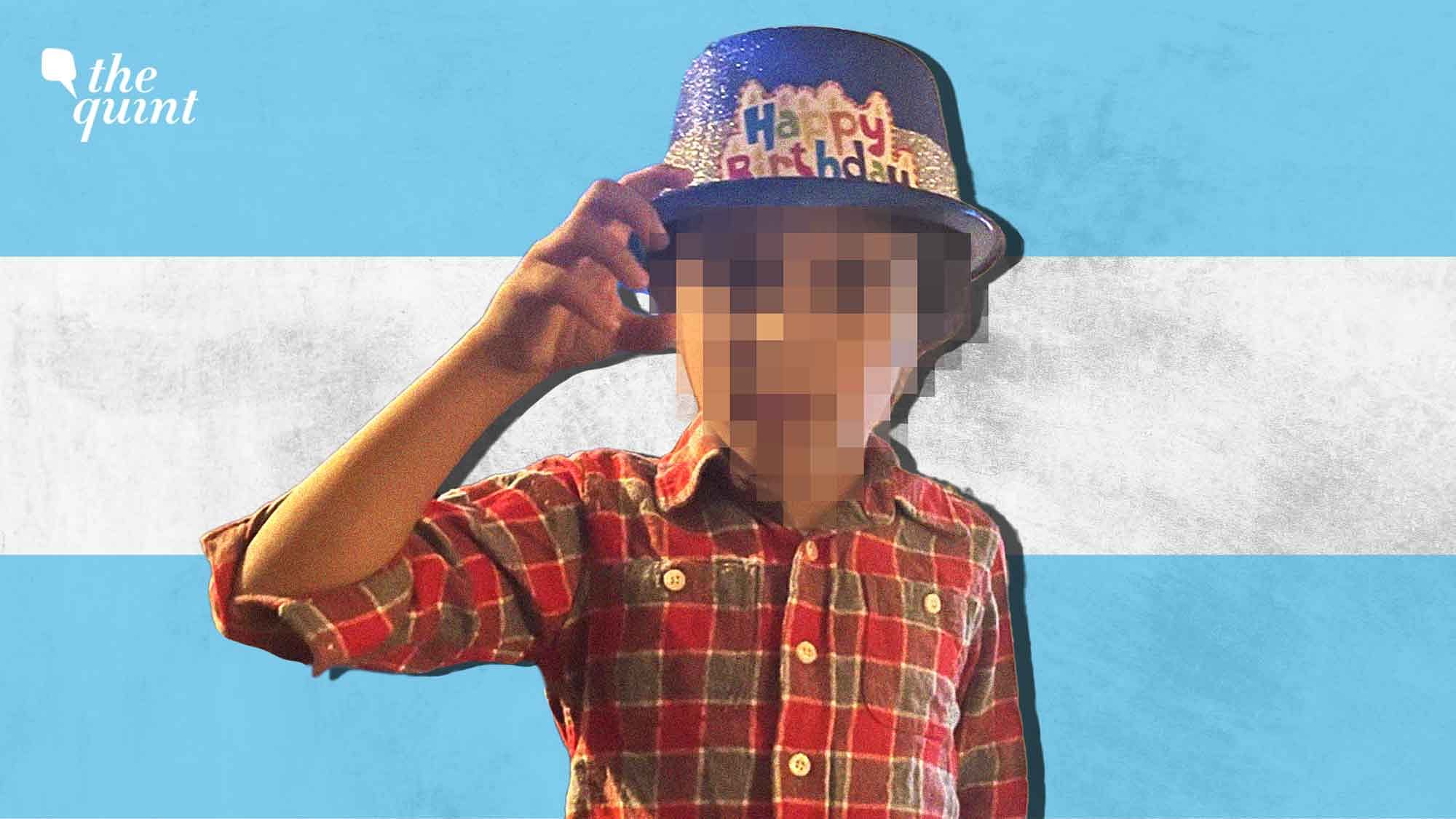



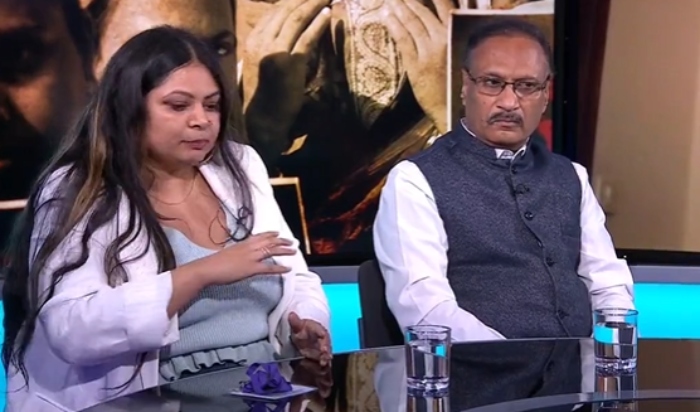
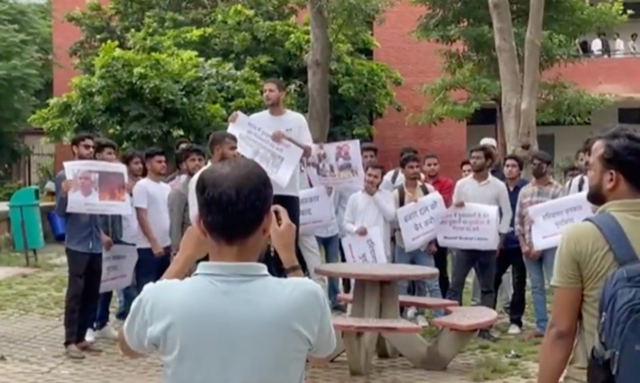

)
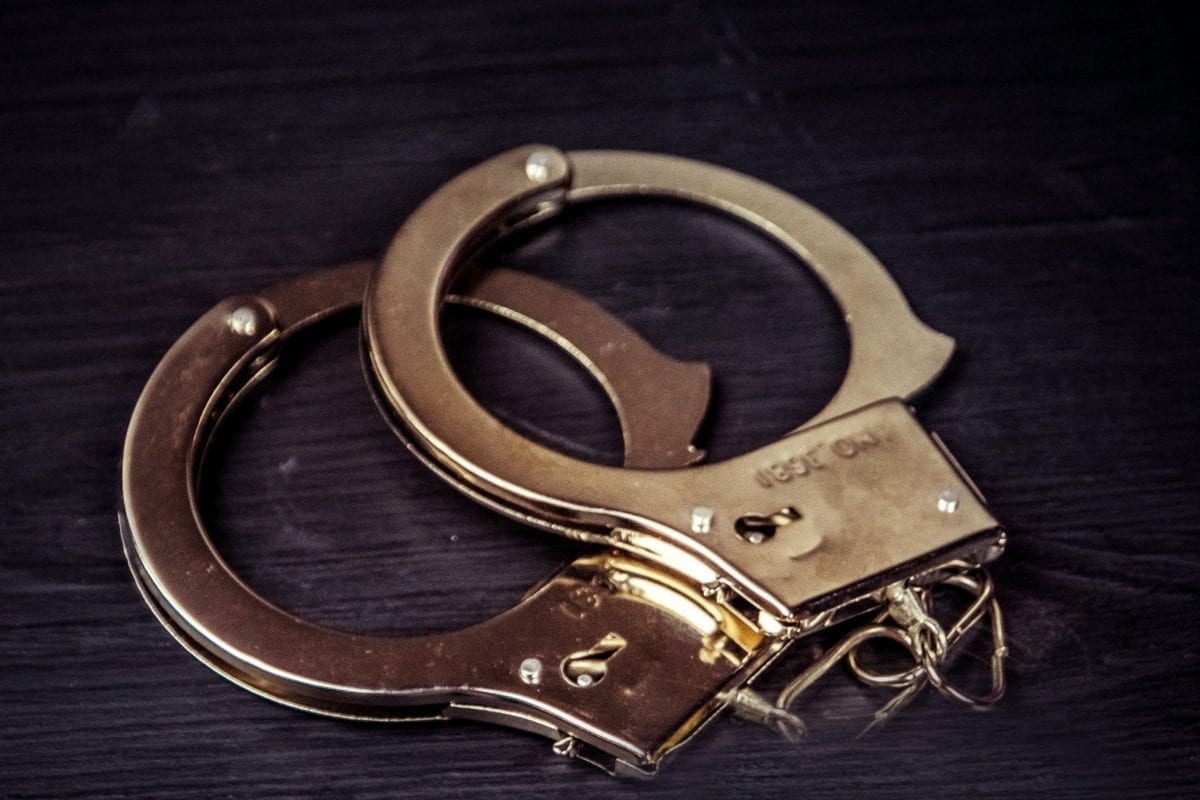





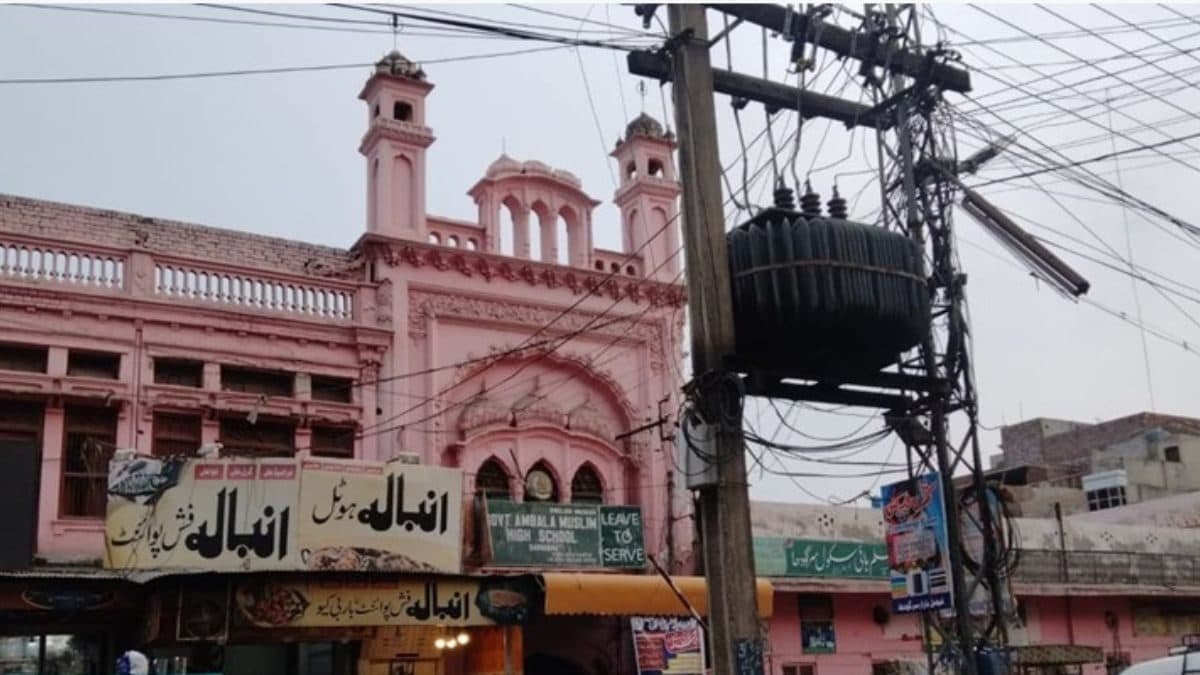
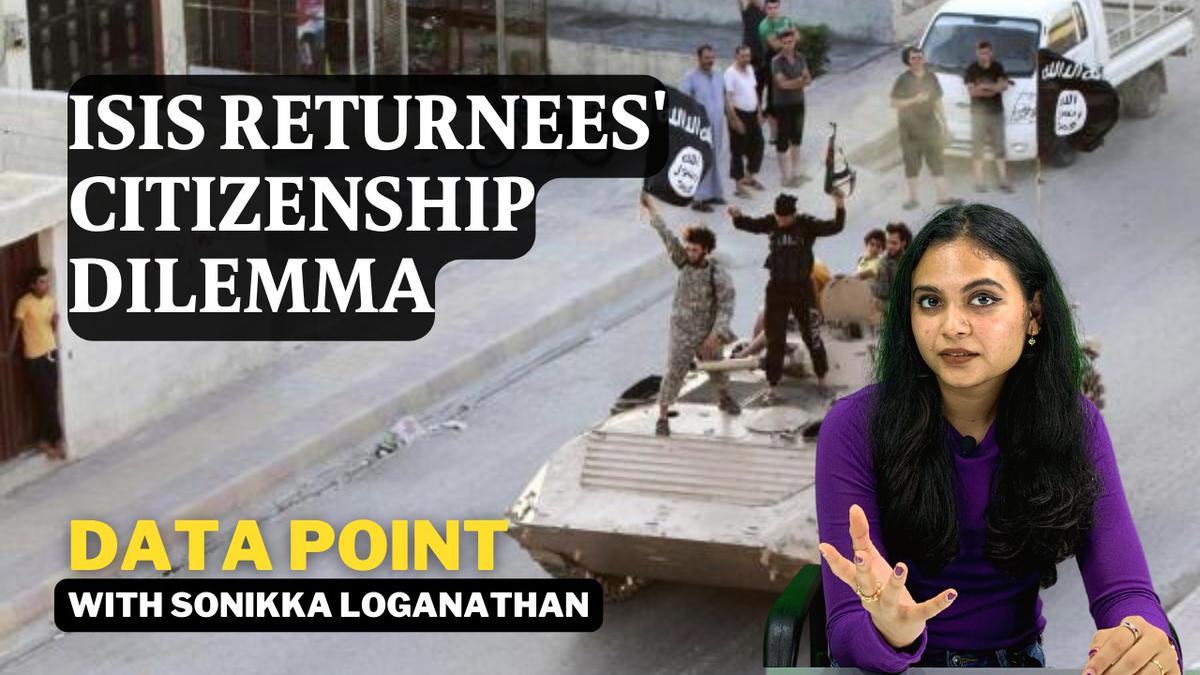
)
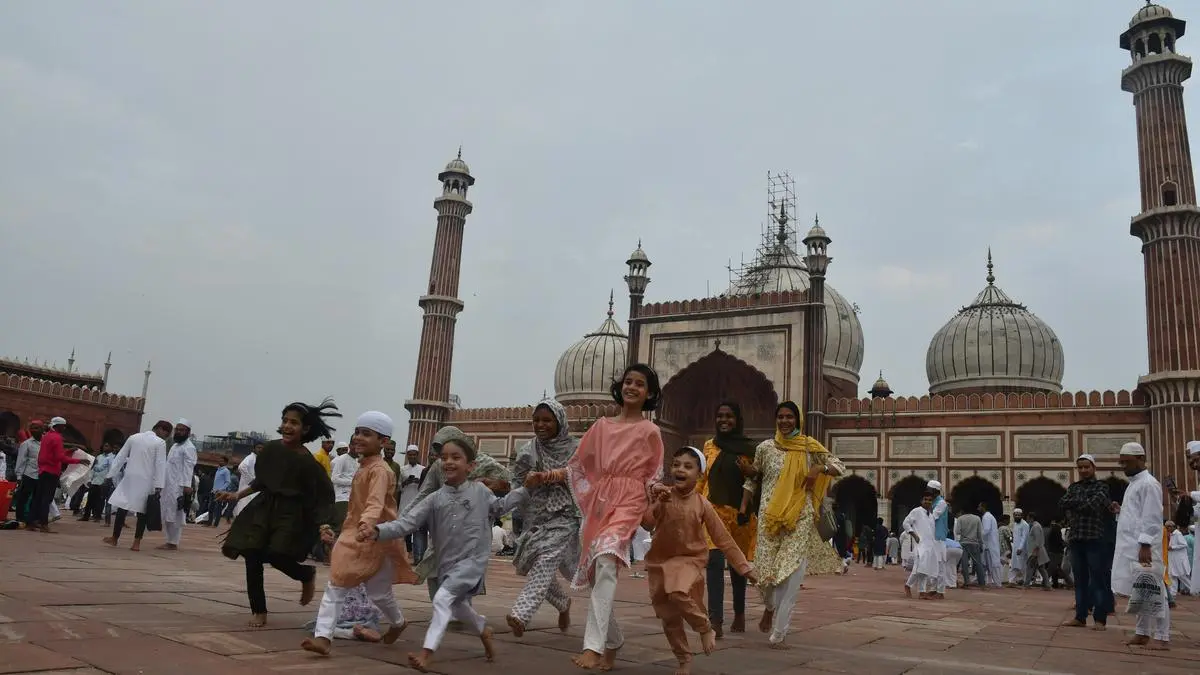


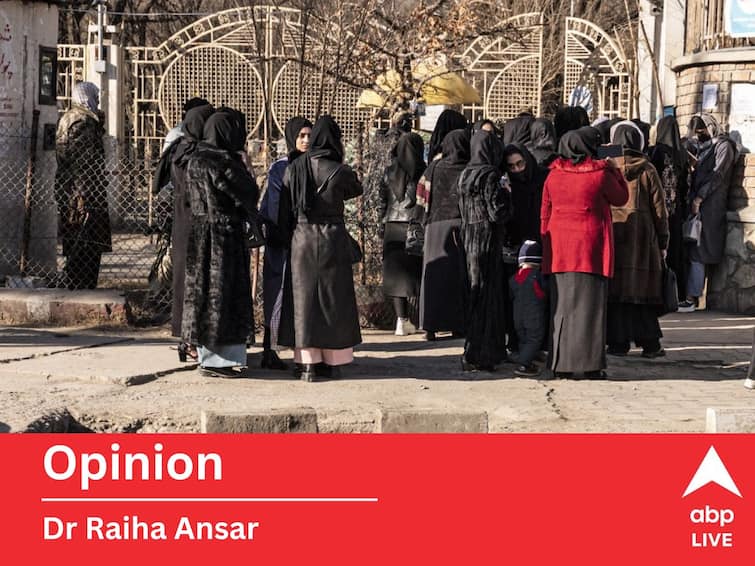
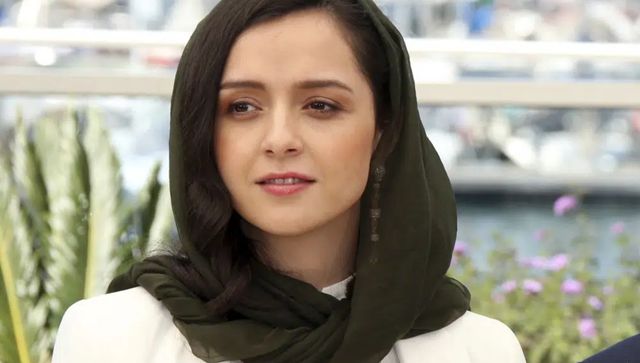)





